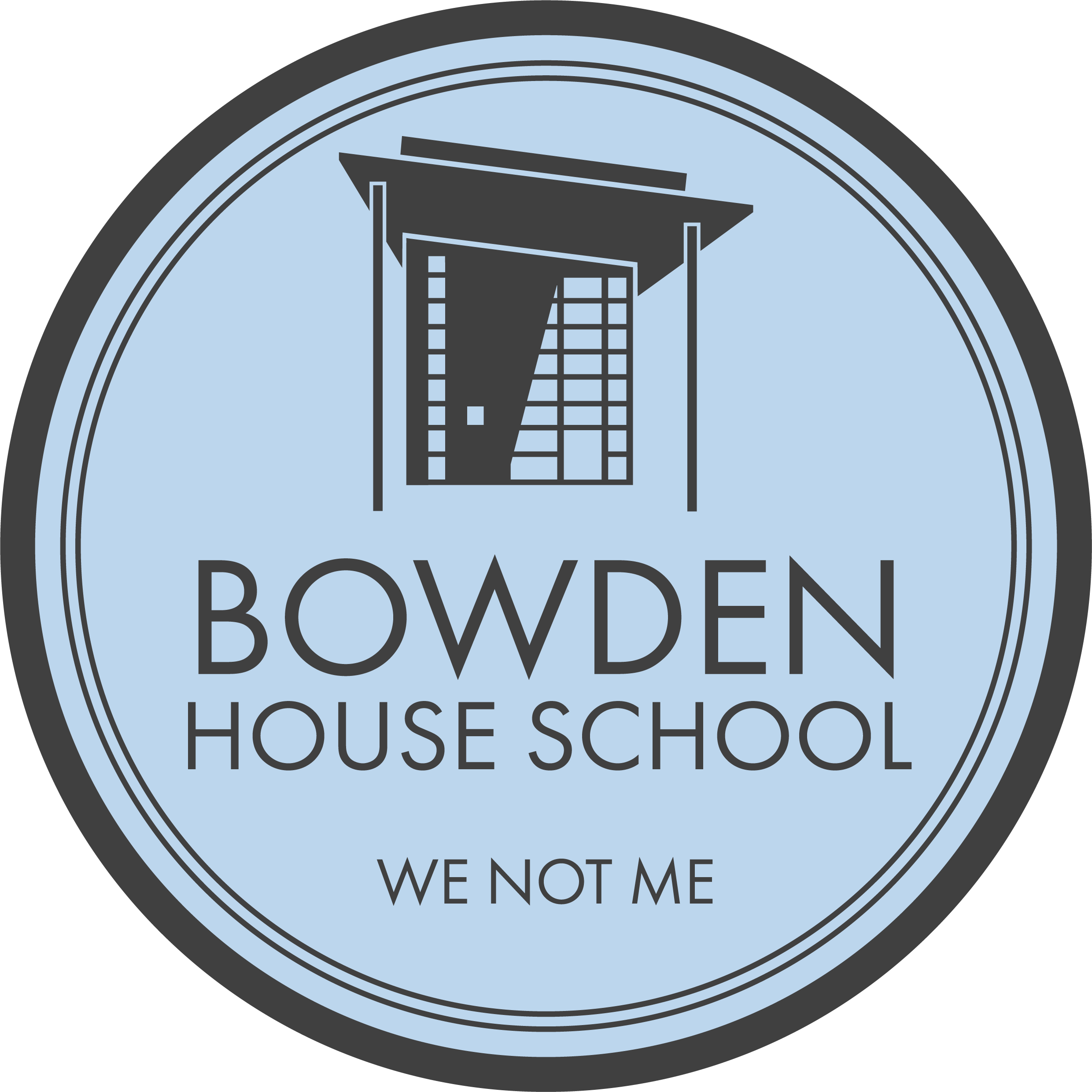Science
I have always questioned my surroundings and wanted to know how things operate, which is then followed by the why, and the how? Children during the teenage years have an increase in synapses, meaning that they are neurologically set-up, to be questioning everything, and this motion and thirst of knowledge needs to be met. I like to deliver science from an investigation and problem-solving perspective whilst guiding them through IGCSE in Science.
In Science lessons students read, write, watch, illustrate, listen, investigate and discuss concepts and ideas. Language helps to make experiences meaningful and this learning is further enhanced by the use of scientific diagrams, symbols and use of the interactive promethean board. This technological resource is integral to the learning experience of the students. The range of multimedia resources meets the demands of the 21st century learners’ experience.
Science will employ a variety of learning strategies and media to encourage all students to participate actively in each lesson. Teachers will encourage students to learn in their preferred style and teachers are to encourage students to progress and feel challenged and extended. Lessons are differentiated with reference to: the student’s Individual Education Plan, learning style, media, task, outcome, equipment, ability levels, pace, challenge, vocabulary, literacy and numeracy. It is these teaching and learning variables that are considered and individualised to the learner. Learning is organised in small steps, attained with frequent repetition and reinforcement. Because of our small groups students have frequent contact with their teachers and therefore constant encouragement and reassurance.
Students experience will be enriched with trips to the coast for studying geology whilst rock pooling. Visit Hurstmonceux Science park, The Science and Natural history museum, local zoo, Power plants, National Trust parks, National Space Centre and Seven Sister County Park.
Links to external websites:
